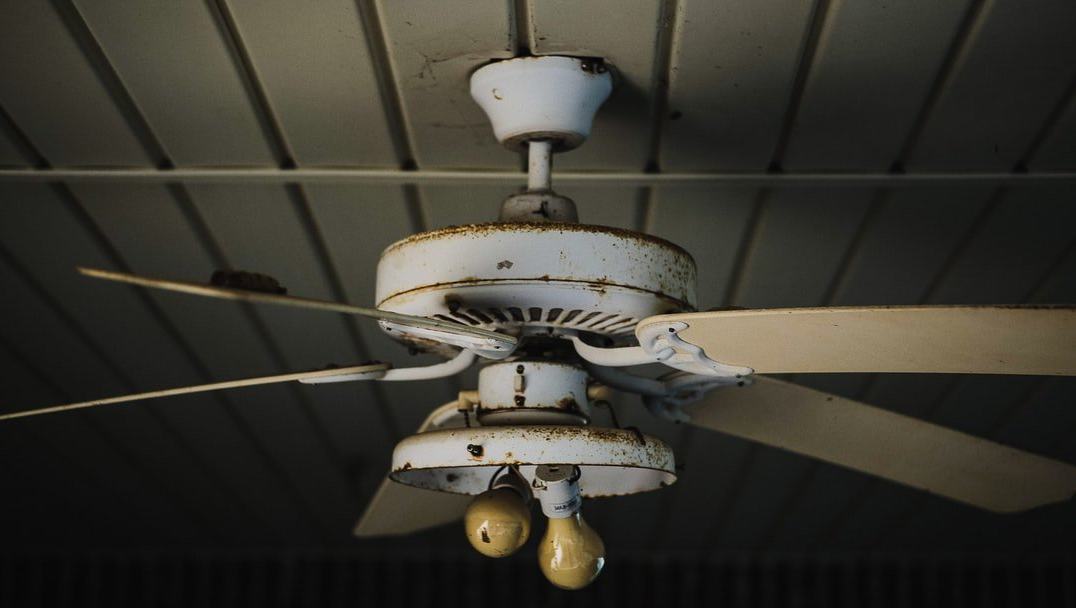Get in touch
EnviroSol, LLC.
611 10th Street S.W.
Alabaster, AL 35007
Daycare Germs Are Inevitable
May 1, 2020
Daycare Germs Are Inevitable

Bacteria are everywhere. And daycare germs are plentiful. They are too little to see but we understand they are there. Kids can spread out bacteria without ever getting sick themselves. They can capture colds, ear infections, diarrhea and worse. More extreme diseases like chicken pox, impetigo and liver disease are likewise spread out by germs. Toys are a lorry for daycare bacteria, so are unwashed hands of a caretaker after diaper modification or blowing a child's runny nose. Runny noses do not constantly suggest a kid is sick, however the child can also bring something right under your nose so to speak, and you will not understand it for several days up until your symptoms start revealing. So how can you cut back on daycare germs and minimize your child's sick days. Every kid gets sick ultimately with the average cold, however opportunities of spreading it to the other daycare kids and the sick kid's family can be greatly lowered by following a couple of easy guidelines.
Always stay up-to-date with your child's immunizations. Schools will not enlist kids in kindergarten without the immunization records filled out by the family physician. The very same requirements need to be fulfilled for daycare enrollment also. Keep copies of your kid's immunization records and have them ready to give to the daycare company. You can request information on the other kids registered in the daycare facility too. All children registered in any daycare center your child is going to ought to be inoculated.
You ought to constantly have a backup plan for days when your kid is sick and can not attend daycare. Even if you believe your kid is coming down with something, he needs to be kept at home. The other daycare mothers will appreciate your compliance with this and they should follow suit. But there are times when some parents ignore the popular factors and send their children off to day care when they are ill anyway.
In your home, frequent hand cleaning can greatly lower the opportunities of passing the disease to the remainder of the family. As a general rule, washing your hands after contact with your child is a good concept. One never knows if they are contagious with something and keeping your hands free of germs, as well as any surfaces your child may touch, will help in preventing the spread of disease. Door handles, eating utensils, toys, and plastic products such as beginner infant books should be kept sterilized.
Young children need to be taught right from the start to cover their mouth when they cough and appropriate toileting and cleanliness is a must. Step stools in front of bathroom sinks enable children to clean their hands like older kids and vibrant child-oriented soap dispensers add to the enjoyable.
Kids develop immunities by being sick and then getting well. Daycare bacteria can speed up the process that would otherwise take place in the very first years of school, even infants begin developing resistances by contact with other kids. So a kid who has actually never ever been in day care and hasn't been sick quite will be thrown in a preschool that is plentiful with germs and his resistances start to develop however at the expense of lost school days. So whether parents like it or not, daycare germs do have their location in a growing kid's life.

September 15, 2021
The hospitality industry received a brutal hit from the Covid-19 pandemic. With people canceling or rescheduling their travel plans due to the fear of contracting the virus, hotels received zero to minimal footfall. Unemployment in the industry increased by 40% as many were laid off. Fortunately, the industry is getting back on track. After the vaccination rollouts, people are becoming confident travelers. The travel limitations, too, have been lifted. Now is your time to win your guests’ hearts with your top-notch services. Yes, your hotel rooms’ sheets should be wrinkle-free and restrooms spotless — but your customers are expecting more. They want your hotel rooms to be COVID-free!

September 1, 2021
If you manage a religious or commercial establishment in the greater Shelby or Jefferson county areas of Alabama, you must clean it regularly. This not only helps to preserve the aesthetics of the space but also makes it safer for visitors. However, to optimize your facility for safety, you should also have some type of germ remediation process in place. This may be a more difficult and tedious task for your staff to undertake. So, hiring a professional may be the best option. To help you find the best service available, we will look at the essential qualities of a reputable commercial cleaning company. If you find all these qualities in your prospect, then you can confidently hire them.

August 16, 2021
Every business owner tries to save their hard-earned money in any way they can. This is why many of them prefer to use in-house janitorial staff. Do you fit into this group of business owners as well? Do you believe that not outsourcing your commercial cleaning saves you money? We hate to break it to you, but keeping an in-house cleaning staff is not doing you any favors.

August 2, 2021
The Covid-19 pandemic has been a brilliant teacher — it has taught us about hygiene etiquettes, cleanliness, and disinfection. In the post-covid world, we (or at least a good majority of us) are always armed with face masks, sanitizers, and tissue papers. We even make sure to regularly clean and disinfect our houses or facilities. However, to fight the airborne, immaterial virus, we need to ensure the air we breathe is clean and safe. Though crucial, sparkling toilets and spotless bedrooms will not ensure healthy indoor air. You might be sleeping on clean bed sheets, but is the air you are inhaling Covid-free?
There is only one way to ensure you breathe the best possible indoor air — get yourself the Wellis Air Disinfection System.

July 15, 2021
The coronavirus outbreak changed the reality of the world. Working from home, online meetings, social distancing, and wearing masks became the new normal. Something else became a part of this new reality, and we’ll talk about it in this blog. An air purifier became popular and could be seen in almost every American home. Many businesses designed air purification systems to protect people from harmful microbes in the atmosphere. A new disinfection system called Wellis Air was also launched and caught everyone’s attention. Its captivating tagline, “disinfects and purifies the air and surfaces of hazardous elements” and “removes 99.9% of all hazardous elements,” seemed promising to homeowners.

July 1, 2021
Regardless of the industry or the size of the facility, regular cleaning and disinfecting is something that business owners cannot ignore. Having a proper cleaning and sanitizing program has become all the more crucial during the COVID-19 pandemic. Because the Coronavirus can survive on surfaces for hours and can be a contamination concern, cleaning frequently touched surfaces regularly is a key component in ensuring a safe and healthy workplace. Here are some pointers on protecting your facility in the greater Shelby or Jefferson county areas of Alabama during the ongoing global concern.

June 15, 2021
The global pandemic took a heavy toll on every business. As the Coronavirus's grip on the world weakens, many business owners are planning to reopen their facilities. If you have also decided to bring your staff back into your Alabama office, you must make the transition smoother and safer for them. First and foremost, understand that the pandemic has not ended. The virus is still around, and apathy will only serve to strengthen it. To be safe, you must take proactive efforts to ensure that your employees show up to work knowing that they are safe while working at their desks.

June 1, 2021
Businesses in the greater Shelby and Jefferson county areas of Alabama typically have an office building cleaning regimen that covers carpets, restrooms, desks, floors, doorknobs, tables, and chairs, among other things. However, there are still many important spaces that we neglect or forget to clean. These, then, become the breeding ground for many harmful bacteria and germs.
Subscribe to our Helpful Resources
Contact Us Now For A Quote
We love to clean, and it shows. Tell us about your cleaning needs, and we’ll send you an estimate.
Contact Us
Thank you for contacting us.
We will get back to you as soon as possible
We will get back to you as soon as possible
Oops, there was an error sending your message.
Please try again later
Please try again later
WHERE TO FIND US
EnviroSol, LLC.611 10th Street S.W.Alabaster, AL 35007
CONTACT
© 2025
All Rights Reserved | EnviroSol, LLC.
Website Development by Tommy House Studios and Powered by LaunchCMS.com
